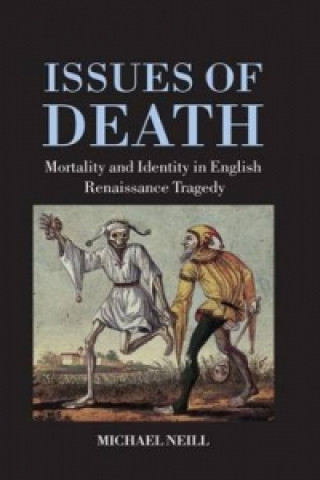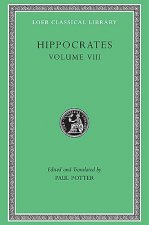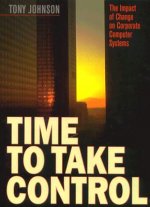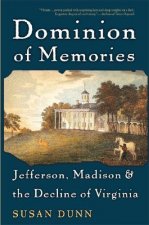
Delivery
Shopping guide





Doesn't suit? No problem! You can return within 30 days
 Gift voucher
any value
Gift voucher
any value
You won't go wrong with a gift voucher. The gift recipient can choose anything from our offer.
Issues of Death
 English
English
 323 b
323 b
30-day return policy
You might also be interested in


Death, like most experiences that we think of as 'natural', is a product of the human imagination: all animals die, but only human beings suffer Death; and what they suffer is shaped by their own time and culture. Tragedy was one of the principal instruments through which the culture of early modern England imagined the encounter with mortality. The essays in this book approach the theatrical reinvention of Death from three perspectives. Those in Part 1 explore Death as a trope of apocalypse - a moment of un-veiling or dis-covery that is figured both in the fearful nakedness of the Danse Macabre and in the shameful 'openings' enacted in the new theatres of anatomy. Separate chapters explore the apocalyptic design of two of the period's most powerful tragedies - Shakespeare's Othello, and Middleton and Rowley's The Changeling. In Part 2, Neill explores the psychological and affective consequences of tragedy's fiercely end-driven narrative in a number of plays where a longing for narrative closure is pitched against a particularly intense dread of ending. The imposition of an end is often figured as an act of writerly violence, committed by the author or his dramatic surrogate. Extensive attention is paid to Hamlet as an extreme example of the structural consequences of such anxiety. The function of revenge tragedy as a response to the radical displacement of the dead by the Protestant abolition of purgatory - one of the most painful aspects of the early modern re-imagining of death - is also illustrated with particular clarity. Finally, Part 3 focuses on the way tragedy articulates its challenge to the undifferentiating power of death through conventions and motifs borrowed from the funereal arts. It offers detailed analyses of three plays - Shakespeare's Anthony and Cleopatra, Webster's The Duchess of Malfi, and Ford's The Broken Heart. Here, funeral is rewritten as triumph, and death becomes the chosen instrument of an heroic self-fashioning designed to dress the arbitrary abruption of mortal ending in a powerful aesthetic of closure.
About the book
 English
English




 How to shop
How to shop

































